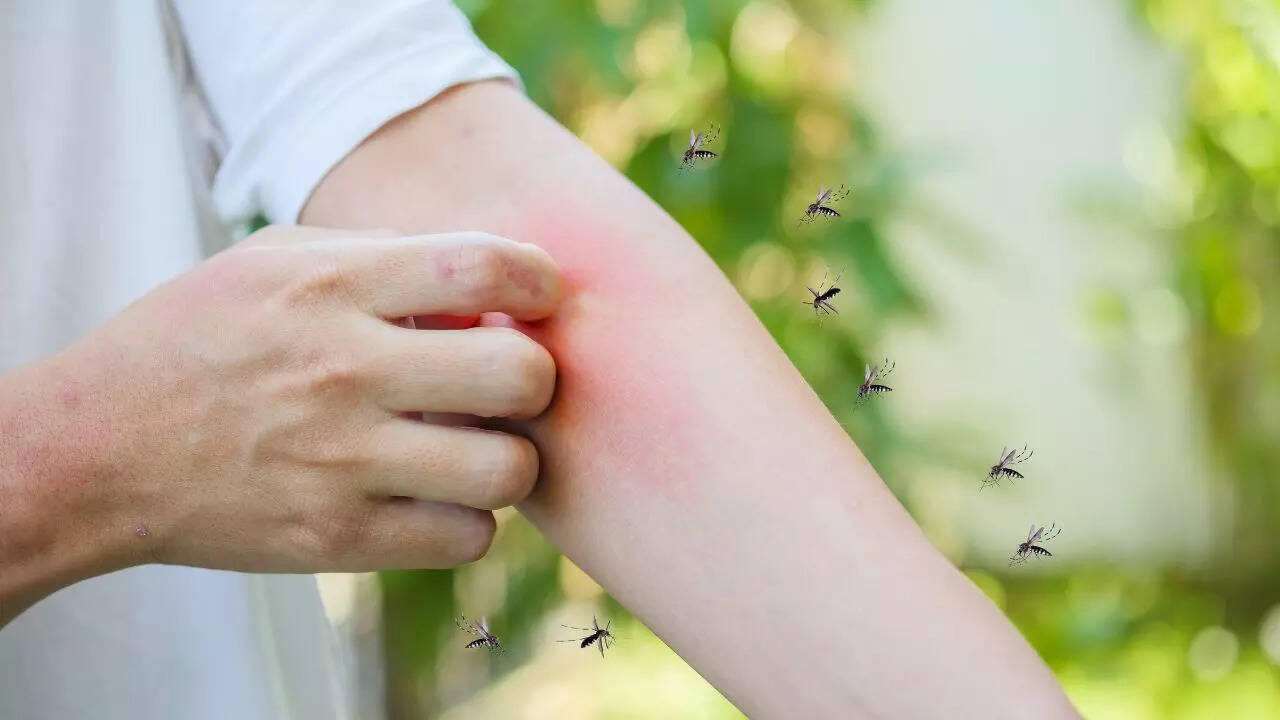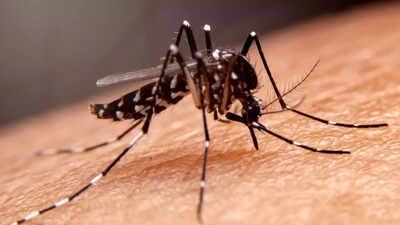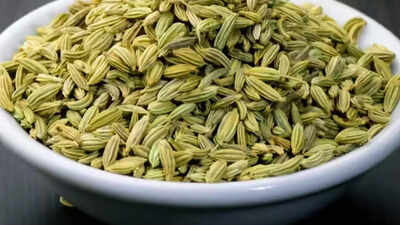Fever, rash, and body aches? In dengue-prone areas, these symptoms almost instantly make people think of dengue fever. However, experts warn that this can be a dangerous assumption. A range of illnesses, known as dengue mimickers, can present with nearly identical signs and symptoms. Mistaking these conditions for dengue may delay correct treatment, worsen patient outcomes, and even put lives at risk. Many of these dengue mimickers are caused by viruses, bacteria, or parasites, and require very different treatments. Some can be more severe than dengue if left undetected. The overlap in symptoms makes accurate diagnosis challenging, especially during dengue outbreaks, when the disease is top of mind for both doctors and patients. By understanding what these dengue mimickers are, and how they differ from dengue, patients can get timely and correct medical care.
Dengue mimickers: Viral infections that confuse diagnosis

Several viruses can act as dengue mimickers, creating overlapping symptoms that complicate diagnosis. Chikungunya virus often presents with fever, rash, and severe joint pain, in fact, the joint swelling can be worse than in dengue. Zika virus can also cause rash and fever, but it is often associated with conjunctivitis and, in pregnant women, serious risks to the unborn baby. Seasonal influenza may bring high fever, headaches, and muscle aches that resemble dengue, but is usually accompanied by respiratory symptoms like cough and sore throat. The challenge for doctors is that these viral dengue mimickers often occur in the same regions and seasons as dengue, making lab confirmation essential before starting treatment.
Poll
Have you or someone you know ever been misdiagnosed with dengue?
Dengue mimickers: Bacterial infections you shouldn’t overlook
Some bacterial illnesses can be equally deceptive. Leptospirosis, spread through water contaminated with animal urine, can cause high fever, muscle pain, and red eyes, all common in dengue. Unlike dengue, leptospirosis often affects the kidneys and liver early on, making it vital to detect quickly.Typhoid fever, caused by Salmonella typhi bacteria, can mimic dengue with prolonged fever, abdominal discomfort, and weakness. However, a distinctive symptom is a slow-rising fever pattern and gastrointestinal disturbances. These bacterial dengue mimickers require targeted antibiotics, so mistaking them for dengue can delay life-saving care.
Dengue mimickers: Parasitic and other infectious look-alikes
Malaria, caused by Plasmodium parasites, is one of the most critical dengue mimickers. The fever in malaria often follows a cyclical pattern, high fever followed by chills and sweats. Anemia, fatigue, and sometimes jaundice can also occur. Without timely diagnosis and anti-malarial treatment, malaria can become life-threatening. Other parasitic infections, like amebiasis in severe systemic forms, may cause overlapping symptoms with dengue, though they are less common as primary mimickers.
Dengue mimickers: Liver and autoimmune conditions
Non-infectious diseases can also be dengue mimickers. Hepatitis A, B, and E can cause fever, fatigue, and rash-like skin changes due to liver inflammation. Autoimmune disorders such as systemic lupus erythematosus (SLE) may present with joint pain, rashes, and fever, easily mistaken for dengue without proper testing. In both liver diseases and autoimmune dengue mimickers, specific lab tests such as liver function panels or autoantibody profiles are necessary to reach a correct diagnosis.
Why recognizing dengue mimickers is crucial
The consequences of misdiagnosing dengue mimickers are serious. A patient with malaria who is treated as if they have dengue will not receive the necessary antimalarial drugs in time. A person with leptospirosis might suffer organ damage if antibiotics are delayed. Healthcare professionals in dengue-endemic areas must remain alert, use laboratory confirmation wherever possible, and consider a wide range of possible causes for dengue-like symptoms.Patients, too, should be aware that not every fever with body ache is dengue and should insist on proper testing before assuming the cause. Ultimately, understanding and identifying dengue mimickers is not just about better medical accuracy, it’s about saving lives.Also read| Why people in their 30s and 40s are collapsing during workouts: A cardiologist explains the hidden risk






